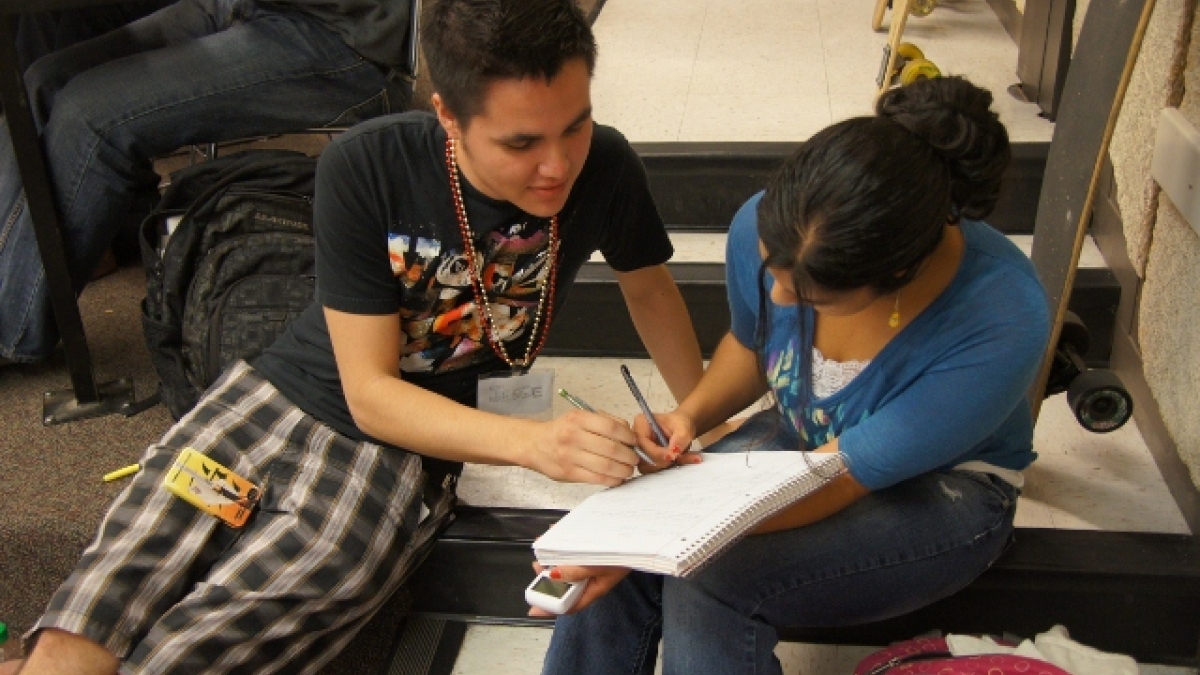The Physics Teacher Education Coalition (PhysTEC) recently announced the initial inductees into “The 5+ Club,” a group of institutions that has graduated five or more physics teachers in a given year — and Arizona State University is among them.
The majority of institutions graduate less than two physics teachers a year, and the most common number of graduates is zero. In their 2014 report, the American Association for Employment in Education found that the teacher shortage in physics is number one among 59 education fields.
Graduating five or more physics teachers a year is a significant achievement, helping to address the severe national shortage of high school physics teachers.
In addition to Arizona State University, which has graduated six physics teachers, the institutions recognized include:
• Brigham Young University (17)
• Illinois State University (10)
• Stony Brook University (8)
• Boston University (6)
• University of Central Florida (6)
• Middle Tennessee State University (5)
• Rowan University (5)
• Towson University (5)
• University of Arkansas (5)
• West Chester University (5)
• Western Michigan University (5)
The United States has a severe, long-term shortage of qualified physics teachers. In 2013, the National Task Force on Teacher Education inPhysics reported, “the need for qualified teachers is greater now than at any previous time in history.” Of the approximately 1,400 new teachers who are hired to teach physics each year, only 35 percent have a degree in physics or physics education.
PhysTEC, a flagship education program of the American Physical Society, aims to improve the education of future physics teachers by transforming physics departments, creating successful models for physics teacher education programs, and disseminating best practices. The project has funded more than 40 sites to build physics teacher education programs. The PhysTEC program is led by the American Physical Society in partnership with the American Association of Physics Teachers, with support from the National Science Foundation.
More Science and technology

Cracking the code of online computer science clubs
Experts believe that involvement in college clubs and organizations increases student retention and helps learners build valuable…
Consortium for Science, Policy & Outcomes celebrates 25 years
For Arizona State University's Consortium for Science, Policy & Outcomes (CSPO), recognizing the past is just as important as…

Hacking satellites to fix our oceans and shoot for the stars
By Preesha KumarFrom memory foam mattresses to the camera and GPS navigation on our phones, technology that was developed for…
